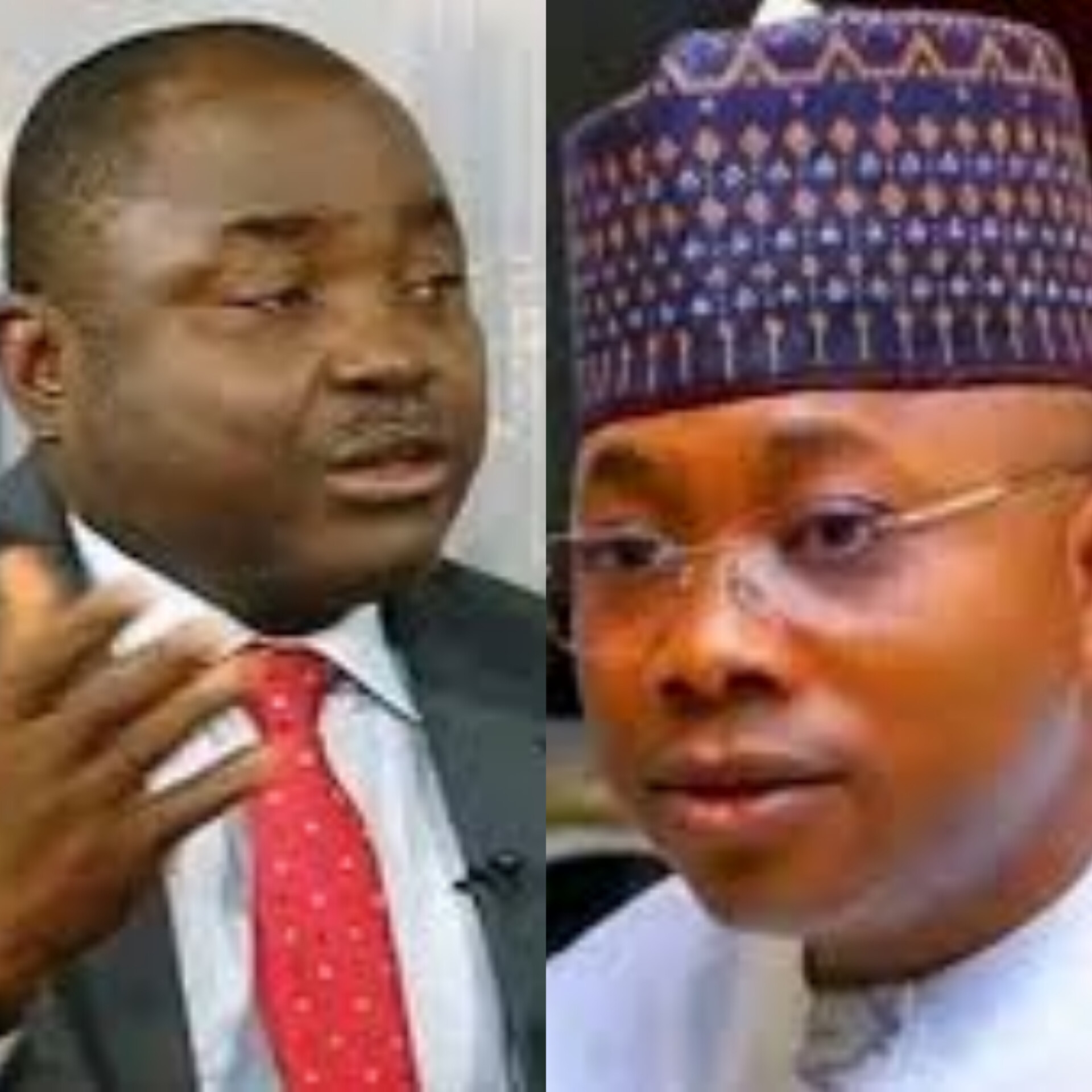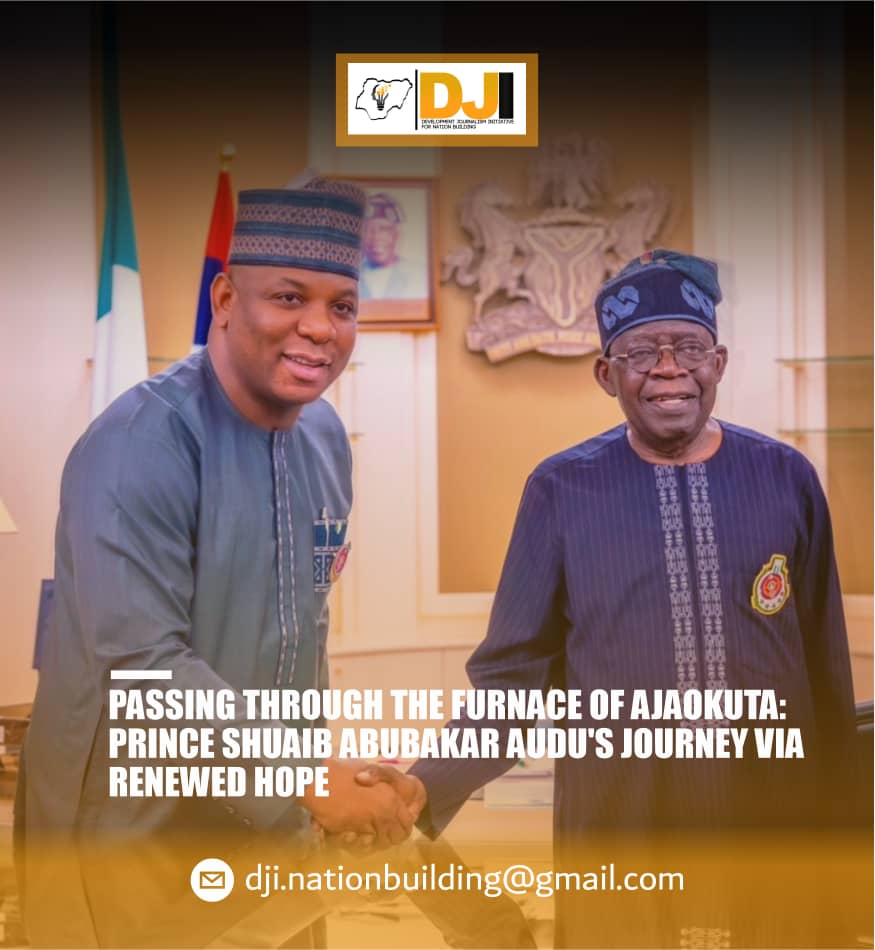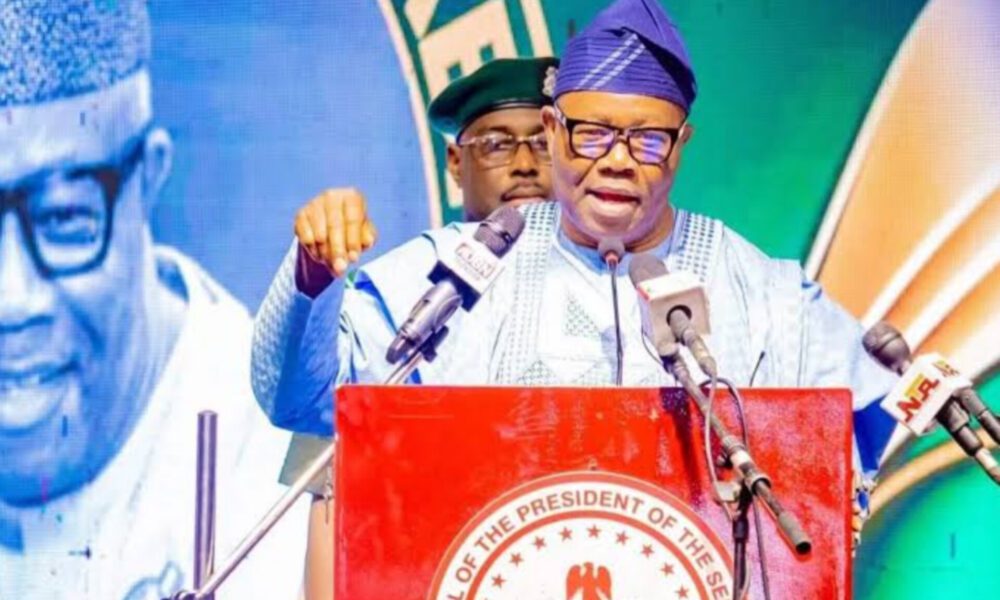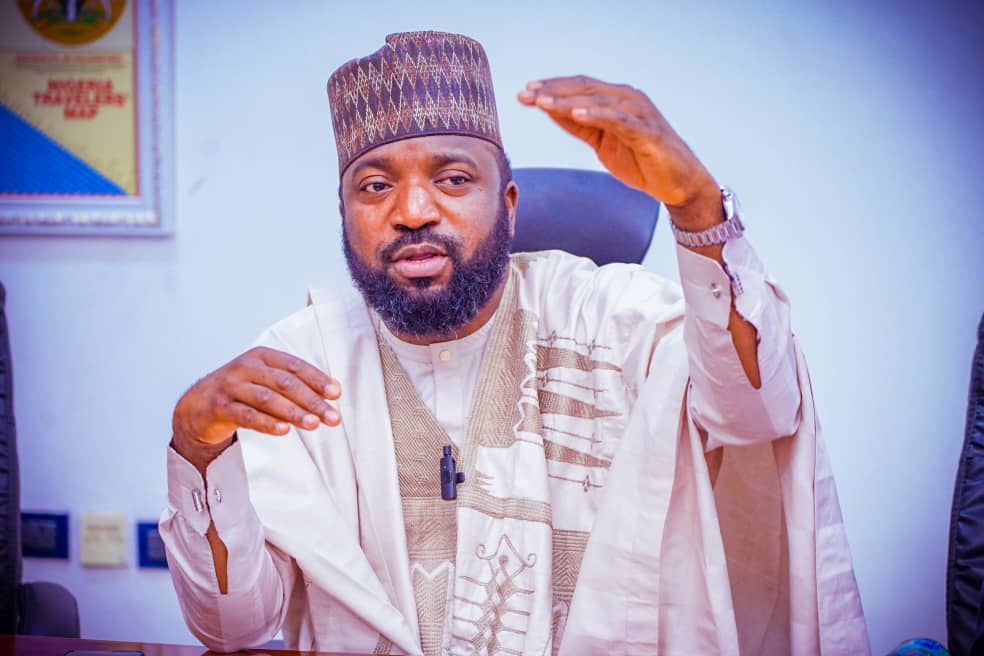Dear Usman Ahmed Ododo
I watched you on TV and listened to your inaugural address as governor of Kogi State today, the 27th of January 2024. In that address, you committed unpardonable blunders.You started your address by undermining the Igala people and our paramount ruler and the father of all Igalas, the Ata Igala and president of Kogi State Council of Chiefs.
In the order of protocol, and in acknowledging the royal fathers present, you intentionally, sacrilegiously and in the most disgraceful and abusive manner started with the Ohinoyi of Ebiraland and Vice President of the Kogi State Council of chiefs.
After acknowledging other royal fathers, you then claimed that you forgot the number one Traditional Ruler in Kogi State, the Ata Igala. What an insult. For your information, no sensible human being will believe your feeble and insultive excuses that you forgot the President of the Kogi State Council of Chiefs, Ata Igaala, but you can vividly remember his Vice and the salutations of Ohinoyi of Ebiraland.

Your action on this first day and first assignment to do as governor clearly showed your intentions. It is clear to any decerning mind that you started your temporary occupation of the office of Governor of Kogi State with hatred for the Igala race.
In case you may not know, the stool of Ata Igala is the pride of the Igala people. It is not a stool of recent origin. It is a very revered stool of considerable antiquity of formidable pride. As a people, Igalas are the majority tribe in Kogi State.
Truth be told, you seem to have inherited the hatred of Igala people from Yahaya Bello, who treated us with such disdain and audacity of arrogance. The Igala race will no longer fold hands and see their royal father insulted by those who lacked legitimacy.
Be warned that any further show of disrespect to our royal father, Ata Igala, will not be telorated. That the Igala people have shown maturity and tolerated the adolescent government you just replaced, should not give you a licence to start on the same footting. I hope you will not test the willpower of the Igala people by further display of disrespect.
Accept my professional respect always
Chief J.S.Okutepa SAN
27th January 2024




